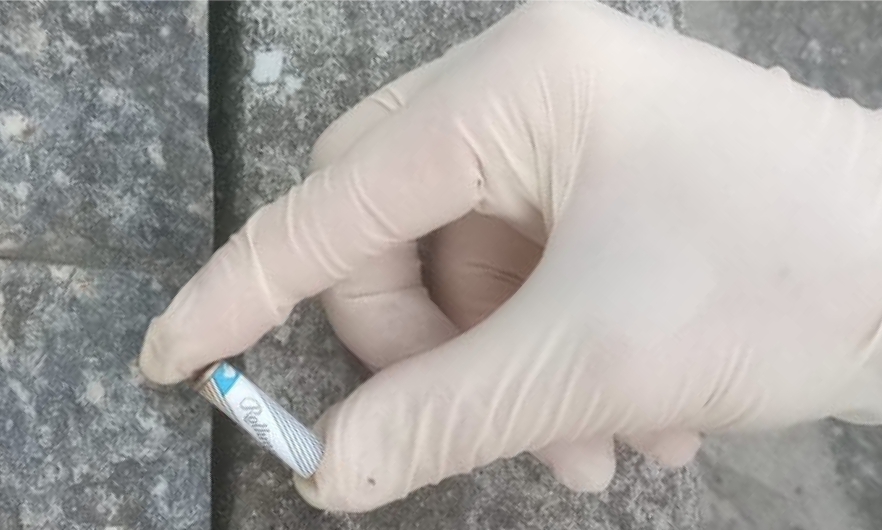Assessment of Littered Cigarette Butts in Brazil Informs Strengthening of Global Treaty
Critical COP10 decision includes evidence-based recommendations to address plastic cigarette filters

The tenth session of the Conference of the Parties (COP10) to the WHO Framework Convention on Tobacco Control (WHO FCTC)—a global treaty to combat the tobacco epidemic and its effects on public health, society, economies, and the environment—took place February 5-10, 2024, and among its outcomes was a new decision adopted by the parties that focuses on the issue of tobacco litter.
COP10’s decision on FCTC Article 18 expands and details measures to focus not only on the cultivation and manufacture of tobacco products (which was previously addressed) but also, newly, the prolonged effects the waste they create have upon the environment. The measure was initiated by the Brazilian delegation to COP10 and informed by a briefing on the findings of a study of littered cigarette butts in Guarujá, a coastal city in São Paulo, Brazil, led by researchers from the Federal University of São Paulo (Unifesp), with support from the Institute for Global Tobacco Control (IGTC) at the Johns Hopkins Bloomberg School of Public Health, the Brazilian National Cancer Institute (INCA), and ACT Promoção de Saúde.
“In addition to everything we know about the toxic effects of tobacco use among humans and the environmental impacts of the tobacco production chain, such as soil degradation and deforestation, this study demonstrates that cigarette pollution occurs at a severe rate after the products are consumed and improperly disposed,” explained IGTC’s Graziele Grilo.
“Approving a decision proposed by Brazil to delve deeper into this topic is an excellent way to encourage more countries to promote an agenda of environmental protection considering the harms of tobacco,” added Mariana Pinho, Tobacco Project Coordinator for ACT.
A major part of the problem is the nonbiodegradable, toxin-laden plastic filters contained in cigarette butts, as detailed in a commentary by co-authors of the study, published in Global Health NOW.
“We already have research indicating that filters bring no health benefits to people who use cigarettes, and the presence of filters and misleading claims about them actually help make the product more appealing—the net effect only serving tobacco industry interests,” said Grilo. “Our study’s findings regarding their environmental impact can support existing global efforts to ban cigarette filters through policies aimed at reducing plastic pollution.”
The issue of plastic cigarette filters is specifically addressed in the COP10 decision and is especially timely, according to a WHO announcement, “given the ongoing intergovernmental negotiation committees working to develop an international legally binding instrument on plastic pollution, including in the marine environment.”
